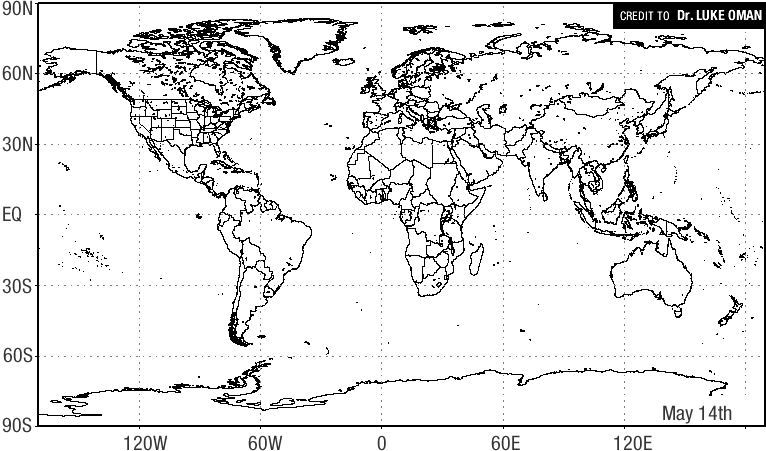How India & Pakistan can start the next World War
World War 3
A war involving many large nations in all different parts of the world. The name is commonly given to the wars of 1914–18 and 1939–45, although only the second of these was truly global. Since 1756, the modern-state system has experienced four global wars; The Seven Years War, The French Revolutionary Wars, World War I, and World War II. The longest global peace came between 1815 and 1914. World War I, also known as the First World War, the Great War, or the War to End All Wars, was a global war originating in Europe that lasted from 28 July 1914 to 11 November 1918. It has now been seventy years since the last world war.
Self-proclaimed ‘messenger of God’ Horacio Villegas believes nuclear war will break out very soon. Villegas warned that India may attack Pakistan over a terrorist attack incident, which actually may be triggered by a false flag event. She also predicted that it would also bring Russia, USA and China into the deadly global conflict.
The world remains jarringly dangerous. While this uncertainty does not always result in opportunities for other states to step up, it does increase the chance for miscalculation in crisis and non-crisis situations.
–
So can World War III begin this year?
India and Pakistan
India and Pakistan could go to war for any number of reasons. If a Pakistani-sponsored terrorist group makes another mass attack on the military forces, India’s patience could wear very thin. Either state could engage in some adventurism in Baluchistan, perhaps in response to the activity of non-state actors. But if Pakistan suffered a serious conventional defeat, the use of tactical nuclear weapons might seem like the only way out. If that happens, all bets are off.
Pakistan
India. Islamabad is knocking on doors of the International Monetary Fund (IMF) for an ominous 13th time. The country is an economic basket case. Socially, religious radicalism is on the rise. Politically, its elite is parasitic and Imran Khan, the charismatic former playboy-turned-anti-corruption crusader, is green behind the ears. The new prime minister has just returned to Islamabad after begging in Beijing, Pakistan’s new patron as Washington’s ardor for its former Cold War ally wanes inexorably. With plenty of weapons and some nuclear weapons floating around, Pakistan could implode or explode in the near future, triggering a regional or even a global war.
Pakistan will probably cease to exist as a nation in the event of World War III. World War III cannot occur without a nuclear exchange between two or more of the five major nuclear powers. If Pakistan is struck by multiple nuclear weapons, most of the valley of the Indus will become uninhabitable and much of the the population of Pakistan will die. Even if the nuclear exchange does not involve Pakistan, the resulting worldwide nuclear winter and worldwide collapse of agriculture will, again, result in the deaths by starvation and collapse of infrastructure of virtually the entire nation. Whatever is left will little resemble the Pakistan that exists today.
Pakistan, therefore, of all the major nuclear powers, has the most to lose from a major international war.
Aftermath
If India and Pakistan fought a war detonating 100 nuclear warheads (around half of their combined arsenal), each equivalent to a 15-kiloton Hiroshima bomb, more than 21 million people will be directly killed, about half the world’s protective ozone layer would be destroyed, and a “nuclear winter” would cripple the monsoons and agriculture worldwide.
READ MORE : Global cost of India-Pakistan nuclear war: 21 million dead, ozone layer destroyed and more
Following a war between India and Pakistan, in which 100 Hiroshima-size (15 kiloton) nuclear weapons are detonated in the large cities of these nations, 5 million tons of smoke is lofted high into the stratosphere and is quickly spread around the world. A smoke layer forms around both Hemispheres which will remain in place for many years to block sunlight from reaching the surface of the Earth.
–
One year after the smoke injection there would be temperature drops of several degrees C within the grain-growing interiors of Eurasia and North America. There would be a corresponding shortening of growing seasons by up to 30 days and a 10% reduction in average global precipitation.

